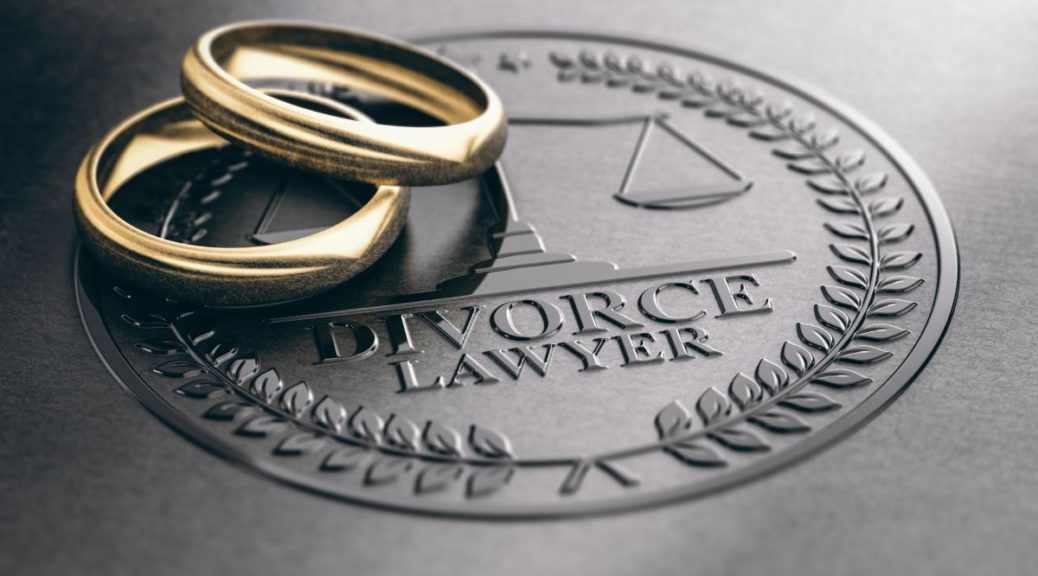A restraining order is a legal document that orders one person to stay away from another person. The person seeking protection can apply for a restraining order through the court. It is possible to be on the receiving end of a restraining order even if you have not been convicted of a crime. If you are facing a restraining order in California, you may wonder how it will affect your record and future opportunities. This blog post will outline a California restraining order’s impact on your record and provide strategies to help you remove or modify the order.
What is a California Restraining Order, and How Does it Affect Your Record?
A California restraining order is a legal order issued by a court that requires someone to stop certain activities. These activities may include stalking, harassment, or abuse. The restraining order can restrict a person from contacting, coming near, or threatening the victim. A restraining order may also order a person to move out of their home or attend counseling.
A restraining order is not a criminal conviction but a court order. It will show up on your record and can impact future employment opportunities. Restraining orders can be temporary or permanent and issued on an emergency or non-emergency basis.
The Effects of Having a Restraining Order on Your Criminal Record
A restraining order is not a criminal charge, but it can negatively impact your criminal record. A California restraining order will appear on your record as a civil restraining order. However, if you violate the order, you can be charged with a crime. Violating the order can lead to misdemeanor or felony charges, depending on the circumstances. It is important to consult with a California restraining order attorney to understand the potential impact on your specific case.
Impact of Having a Restraining Order on Future Employment Opportunities
Having a restraining order on your record can impact future employment opportunities. It does not necessarily mean you cannot find future employment. However, it may prevent you from getting certain jobs. Employers often conduct background checks to ensure their employees are trustworthy and reliable. A restraining order could be viewed as a red flag and may impact your ability to get hired.
Restraining orders can create a negative perception of you and your character. Employers may view you as someone who has committed domestic violence or harassment. However, it is important to remember that having a restraining order on your record does not mean you were convicted of a crime.
Strategies to Help You Remove or Modify a Restraining Order in California
If you have a California restraining order on your record, you may be wondering if it is possible to remove or modify it. The good news is that it is possible to request a modification or removal of a restraining order. However, it is crucial to have an experienced California restraining order attorney on your side.
The process of removing or modifying a restraining order can be complicated. A restraining order can only be removed or modified if the person who requested the order agrees to do so or if circumstances change. It is essential to provide evidence that the modification or removal is necessary in these situations.
How to Handle the Impact of Having a Restraining Order on Your Record
If you have a restraining order on your record, there are steps you can take to mitigate the potential impact. First, be transparent with your potential employers. Explain the situation and the reasons behind the restraining order to provide context. Being honest about the situation can help explain the circumstances and show maturity.
Secondly, it may be wise to seek counseling. Counseling can help you understand the reasons behind the restraining order and work through any challenges you may be experiencing. It can also show potential employers that you are taking steps to improve yourself and better your situation.
If you are facing a restraining order, it is crucial to consult with an experienced California restraining order attorney. At the Law Offices of Judy L. Burger, we have experience handling restraining orders, and we will make sure you are represented in the best way possible. Contact us to schedule an appointment.











